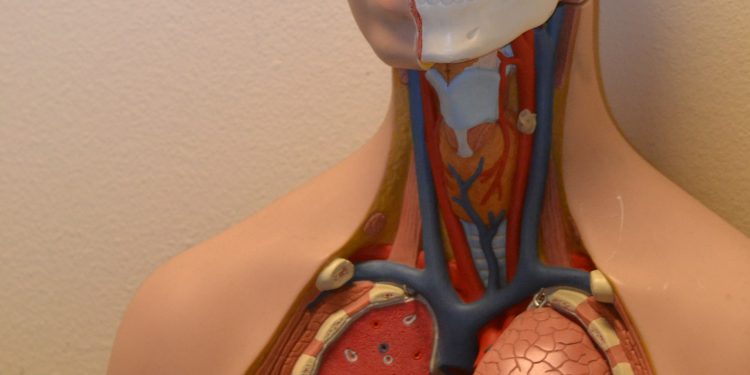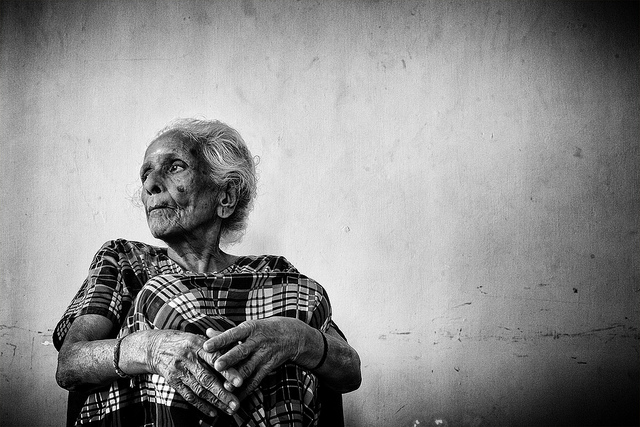Organ Donation In India: A Clash Between Religious Beliefs And Life-Saving Acts

According to reports, India, with its population of 1.3 billion has an unbelievable shortage of organ donors, when the demand is huge. It’s mostly due to the kith and kin of the dying person, they are unwilling to donate their relative’s organs due to false religious beliefs since they fail to understand how it works. A huge drive was planned to be conducted in October this year to bring in a confluence of spiritual gurus like Yoga guru and tycoon Baba Ramdev, mystic Sadhguru Jaggi Vasudev, Art of Living founder Sri Sri Ravi Shankar, Delhi Jama Masjid Imam Syed Ahmed Bukhari and others including representatives from Christianity and Sikhism, to encourage people to donate their organs, by eradicating any false beliefs they have. External Affairs Minister, Sushma Swaraj is to be the face of this nationwide campaign, having undergone a kidney transplant herself. It’s just so typical of us Indians that we give in to our belief systems, in spite of being immensely educated, without giving much thought about the repercussions of our actions. Let us educate ourselves about the organ donation procedure and the big acts of kindness we would bestow with these life-saving acts.
Understanding The Nuts And Bolts Of The Act
Organ Donation is a procedure in which an organ from a live or dead person is procured, the person being referred to as a donor. The process in which the organs are recovered is called as Harvesting and the person who receives the organ is called a recipient. Live donation and deceased/cadaver donation are the two types of donation.
Live donation is when the donor is alive and healthy, and only liver or kidney can be transplanted into the relatives of the donor. When we talk about pledging organs or organ donation, it is usually from a deceased person, hence called deceased/cadaver donation. This type of donation can be made when a person is declared brain dead(irreversible loss of consciousness, absence of brainstem reflexes and no spontaneous respiration) by doctors.
A panel of 4 doctors, 2 of whom are government approved are assigned to declare a person brain dead twice in a span of 6 hours. This is recorded on Form 10 of the THO Act 2014 and the donor family’s consent is recorded on Form 8. Healthy organs are transplanted from the deceased as soon as possible. The Donor family does not get paid for the donation and the recipient does not need to pay for it. The transplantation charges need to be paid by the recipient. In special medico cases, a post-mortem may be required for the deceased, in which case a police representative and forensic person need to examine and approve the process. For more details and to become a donor, visit organindia.org.
The Confluence And What It Means To Make People Take Action
India’s top spiritual gurus were set to meet in October this year as part of an organ donation drive to be conducted by the Urology Society of India(USI). As the National Convener of USI, Dr.Anup Kumar said that the misconceptions that people have towards organ donation need to be cleared if we are to encourage them to pledge their organs and this can only be done at the community level by including the spiritual gurus who are respected and followed by the people.
Health experts state that a donor can save at least 9 lives and at given point of time there are about 10 cases of people being declared brain dead in any top city of the country. In Spite of us being one of the largest populations in the world, we rate the lowest in terms of organ donation, at about 0.8 per million population. At any given time, there are 20 lakh patients who are in need of organ transplantation. About 2 lakh kidney transplants are required every year, but only 5000 patients receive the organs. Doctors state that about 90,000 people are declared brain dead in road accidents every year. If we could obtain their organs, that would fill 20-25% of the gap in our organ donations. Even if organ donations happen, there is also a need to fill the lack of specialist surgeons to perform these transplants.
In spite of all these shortcomings, sometimes we do come across life-saving acts such as the case of a 14-month old baby in Surat who died by simply falling and hitting his head. His parents, understanding the significance of the act, agreed to donate his organs making him possibly the youngest donor in the nation. The rest of us need to take inspiration.
The Path Ahead For Us
According to an article published in Livemint, only 23% of donated organs reach the patients who really need them. This is shocking news since the act of organ donation itself is so rare in our country. As per studies, it seems there are more live donations compared to cadaver donations. Anupriya Patel, minister of state for Health, says there is a need to promote cadaver donations rather than relying on living donors as it increases the risk of commercial trading of these organs and also it could cause inherent health issues in the living donor. The need of the hour is to promote awareness about the entire procedure and encourage more people to pledge their organs.
While another Organ Donation Day passed us by on 13th of August, let us pledge to educate ourselves and people around us about these life-saving acts which do not cost us anything. All of us die one day, that is inevitable, but wouldn’t it be great if we could use that as an opportunity to light up another few lives? Live on in the hearts of loved ones and the needy people who are grateful to have a got a few more years because of your act of donation.




